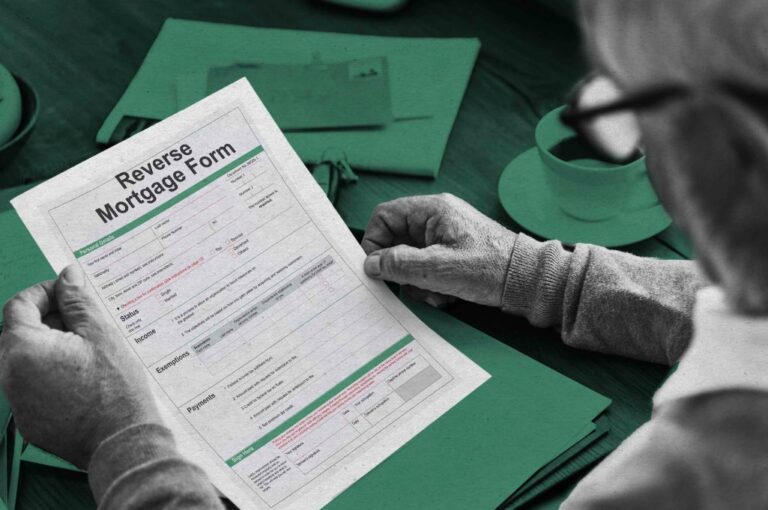A skilled worker sponsorship is a pivotal process for businesses aiming to hire foreign professionals. This sponsorship allows companies to legally employ individuals from other countries who possess specialized skills or qualifications that are in demand. The process involves a series of steps, ensuring both the employer and employee adhere to the legal and regulatory frameworks of the host country.
Understanding the Skilled Worker Sponsorship

At its core, a skilled worker sponsorship revolves around an employer extending a formal offer to a foreign national. The company must first demonstrate that it couldn’t find a suitable candidate within the local job market. This is typically done through a labor market test, showing that the job was advertised locally but failed to attract qualified local candidates.
The employer then applies for a sponsorship license. This license is a formal recognition by the government that the company is eligible to hire foreign workers. The criteria for obtaining this license vary from country to country but generally involve proving the legitimacy of the business, the necessity for foreign talent, and the ability to support and monitor foreign employees. Learn more about skilled worker sponsorship at https://easyimmigration.uk/skilled-worker-sponsorship-licence/.
Eligibility Criteria for Employers
To be eligible for a skilled worker sponsorship, employers must prove their credibility and legitimacy. This includes demonstrating sound financial health, a clean legal record, and a robust human resources system. The company must also show that it understands and adheres to immigration laws and regulations. Some countries require employers to undergo training or certification to become an approved sponsor.
Role of the Skilled Worker
The skilled worker, on their part, must meet specific criteria set by the host country. These often include having a certain level of education, professional qualifications, and sometimes language proficiency. The worker must also pass background checks and, in some cases, health screenings. The precise requirements depend on the job role and the country’s specific immigration policies.
Application Process

The application process for a skilled worker sponsorship is often complex and multi-staged. It usually begins with the employer applying for a sponsorship license. Once this is granted, the employer can issue a Certificate of Sponsorship (CoS) to the foreign worker. This CoS is a critical document that the worker needs to apply for a work visa.
The worker then applies for a visa in their home country, using the CoS as part of their application. The visa application process involves submitting various documents, including proof of qualifications, financial stability, and sometimes a health report.
Common Challenges and Solutions
One of the biggest challenges in this process is navigating the intricate and often changing immigration laws. Both employers and employees must stay informed about the latest regulations and ensure compliance at all stages.
Another challenge is the time-consuming nature of the process. Delays can occur due to incomplete applications, errors in documentation, or processing backlogs. To mitigate this, it’s advisable to start the process early and ensure all documents are accurate and complete.
Tips for a Successful Application
Thorough Preparation: Employers should thoroughly understand the sponsorship process and requirements. This includes knowing the types of visas available, the documentation required, and the timelines involved.
Compliance: Both the employer and the employee must ensure full compliance with immigration laws. This includes accurate and honest documentation and adherence to employment laws.
Professional Guidance: Given the complexity of immigration laws, seeking professional advice from immigration lawyers or consultants can be beneficial.
Clear Communication: Effective communication between the employer and the employee is crucial. This ensures that both parties are on the same page and can quickly address any issues that arise.
Regular Updates: Immigration laws and regulations can change rapidly. Staying updated on these changes can prevent any unexpected complications.
Employee Support: Employers should provide support to their foreign workers. This includes assistance with relocation, cultural integration, and any legal matters related to their employment.
Navigating Legal Requirements

An essential aspect of skilled worker sponsorship is navigating the complex legal requirements. These laws are designed to protect both the local workforce and the foreign worker. Employers must ensure that the job offered to a foreign worker is genuine, meets the national wage standards, and is in line with the qualifications of the employee. Failure to comply with these legal requirements can result in severe penalties, including fines and revocation of the right to sponsor workers.
Cultural Integration and Support
For a skilled worker moving to a new country, cultural integration is as important as the legal and professional aspects. Employers play a significant role in this process. Providing cultural orientation sessions, language support, and social integration activities can greatly assist the foreign worker in adapting to their new environment. This not only benefits the employee but also enhances workplace harmony and productivity.
Financial Considerations
The financial aspect of skilled worker sponsorship is twofold: the cost to the employer and the financial stability of the employee. Employers must be prepared to bear the cost of the sponsorship process, including application fees and potential legal consultancy fees. On the other hand, the employee must demonstrate financial stability to maintain their livelihood without recourse to public funds, as is often a visa requirement.
Monitoring and Compliance
Once a foreign worker is employed, the sponsoring company is responsible for monitoring their immigration status and ensuring ongoing compliance with immigration laws. This includes keeping track of visa expiration dates, maintaining up-to-date records, and reporting any significant changes in employment circumstances to the relevant authorities.
Long-Term Considerations

For both the employer and the employee, it’s important to consider the long-term implications of the skilled worker sponsorship. For the employee, this might involve pathways to permanent residency or citizenship. For the employer, it involves considering how the foreign worker will contribute to the company’s long-term goals and how their skills will be developed over time.
Building a Diverse Workforce
Skilled worker sponsorship is more than a legal process; it’s an opportunity to build a diverse and dynamic workforce. Employers should view this as a chance to bring new perspectives, ideas, and skills into their organization. Embracing diversity not only enhances the workplace culture but also drives innovation and growth.
Conclusion
Skilled worker sponsorship is a multifaceted process that requires attention to detail, a deep understanding of legal requirements, and a commitment to support and integrate foreign workers. For employers, it’s a strategic move to enhance their talent pool and for employees, an opportunity for professional growth and cultural exchange. By approaching this process with diligence, respect, and a spirit of collaboration, businesses and skilled workers alike can forge successful, mutually beneficial relationships.







